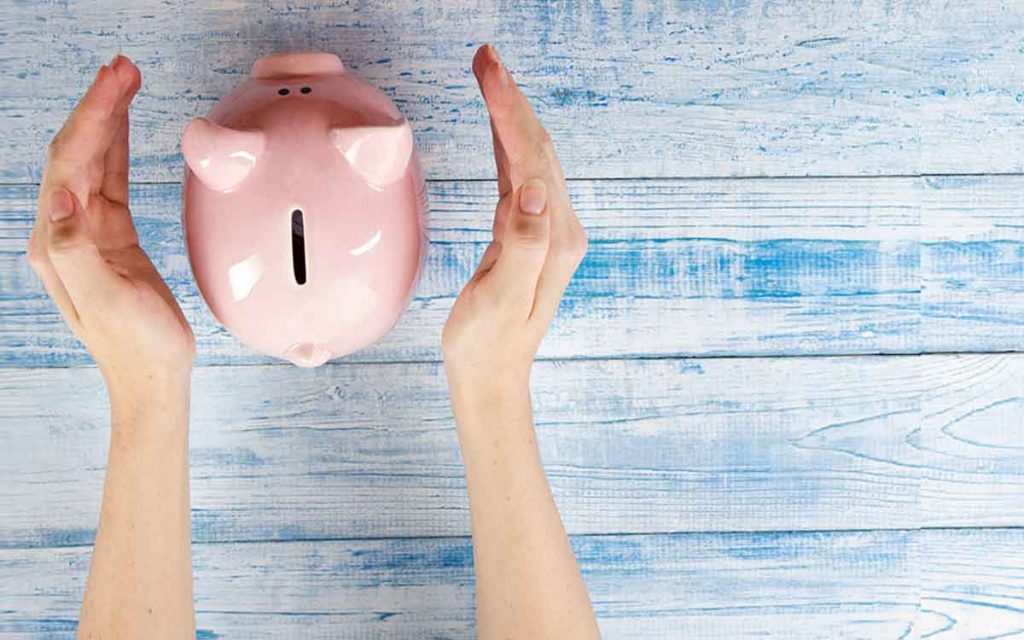What would you do if your hearing aids stopped working at a time when you needed them, most like in the middle of a phone call?
Nobody wants that to happen! Your hearing aids are an important investment in your hearing, happiness, and overall health. Keeping them functioning in peak condition allows you to obtain the greatest possible benefits from them.
The following are 7 tips to help you properly care for your hearing aids and keep them operating in peak condition.
1. Read the instructions
Your hearing aids came with a manual describing how to maintain them to experience the best results. These manuals often include troubleshooting guides that will help you solve many technical challenges.
If something isn’t working correctly, always consult the manual first.
The manual should cover any issues related to the performance of your hearing aids. This is important even if you’ve worn hearing aids before because your new devices may not function in the same manner. After all, there have been many changes in hearing aid technology in the last few years.
2. Keep your hearing aids clean
Hearing aids can provide a breeding ground for bacteria.
While there’s always some harmless bacteria on your skin, if you don’t wash your hands or properly clean the hearing aids, it can lead to infection.
Ear infections can cause additional hearing problems. Most are temporary, but some can cause permanent damage.
Bacteria prefer moist surfaces, so wipe each hearing aid with a dry cloth before and after each use. Never put your hearing aids in water. Disinfect them regularly with an alcohol-free wipe being careful not to get it too wet.
Clean them thoroughly once per week, including any custom mold pieces.
Regularly cleaning your hearing aids will help prevent wax buildup on the earpiece.
3. Keep your hearing aids dry
Most hearing aids are not designed to get wet. Even high humidity can damage them. After cleaning, don’t leave them on the nightstand.
Hearing aids resting on a surface in your home will collect dust that contains bacteria.
Store your devices in a cool, dry place according to the manufacturer’s recommendations. Remember to take them out before you bathe or shower. Moisture is still present in the air when you shower, so don’t leave them on the bathroom counter while getting ready.
When it rains, carry an umbrella.
Your battery may drain faster because it has to use more energy in a moist environment, so you should always carry your charger with you.
Heat can also damage hearing aids, so don’t expose them to a blow dryer, sauna or other extreme heat.
4. Avoid draining the battery
Don’t get caught without a backup battery at your nephew’s piano recital.
When you take your hearing aids off to go to sleep, turn them all the way off. If you plan on not wearing them for an extended period of time, always remove the battery. You’ll get more life from the battery this way, and you’ll avoid the risk of battery acid damaging the hearing aid’s sensitive electronics.
You can significantly extend the life of your batteries with this advice but always carry a spare battery, just in case.
5. Have your ears professionally cleaned
Anytime you’re inserting something into your ear, it will push a small amount of earwax into the canal. If this earwax is allowed to build up, it may eventually cause voices to sound distorted. If your hearing experience doesn’t seem right, schedule an appointment with a hearing professional to check for excessive earwax buildup.
The removal procedure is simple with the right tools. It should only be performed by a trained professional with the expertise to service and care for your hearing aids.
6. Insert your hearing aids over a soft surface
Don’t risk dropping your hearing aids in the sink or toilet. This can easily lead to dropping the hearing aid and damaging it. Always insert your devices over a soft surface like a bed, sofa, or a folded towel placed on the kitchen table.
7. If you’re not experiencing improved hearing, speak to a specialist
If you’re not having the best experience with your hearing aids, don’t stop wearing them. There are solutions. You can schedule an appointment with your hearing specialist to make adjustments.



